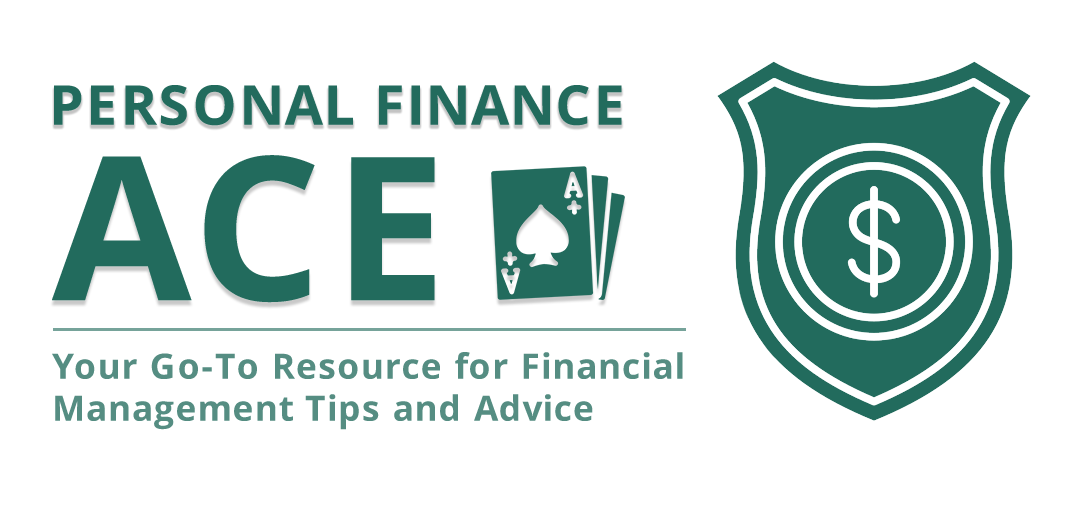As a freelancer, you’re your own boss and have a lot of freedom in your work, but with that freedom comes added responsibility when it comes to taxes. Tax season can be overwhelming for anyone, but it can be especially daunting when you’re self-employed. However, with a little bit of knowledge and some proactive planning, you can navigate your taxes as a freelancer and keep your finances in order. Here are some tips to help you get started..
Keep Accurate Records
The first step in navigating taxes as a freelancer is to keep accurate records of all your income and expenses. This includes things like invoices, receipts, and bank statements. You can use an accounting software or spreadsheet to help you keep track of everything. By doing so, you’ll be able to calculate your taxable income more easily and accurately.
Understand Your Deductions
As a freelancer, you may be eligible for various deductions that can help lower your taxable income. Some common deductions for freelancers include home office expenses, equipment and supply costs, travel expenses, and health insurance premiums. Make sure you understand which deductions you’re eligible for and keep accurate records of those expenses.
Pay Estimated Taxes
Unlike traditional employees who have taxes withheld from their paychecks, as a freelancer, you’re responsible for paying estimated taxes throughout the year. These quarterly payments are based on your expected income and can help you avoid a large tax bill come April. The IRS provides a free online tool to help you calculate how much you should be paying in estimated taxes.
Consider Hiring a Tax Professional
If navigating your taxes as a freelancer feels overwhelming, consider hiring a tax professional to help you. A tax professional can ensure you’re taking advantage of all eligible deductions and credits, help you prepare your tax return, and provide guidance on how to minimize your tax liability.
Stay Organized Throughout the Year
The best way to make tax season less overwhelming is to stay organized throughout the year. By keeping accurate records and staying on top of your estimated tax payments, you can avoid scrambling at the last minute to get everything in order. Make a habit of setting aside time each week to review your finances and update your records.
In conclusion, navigating taxes as a freelancer can be challenging, but it’s not impossible. By keeping accurate records, understanding your deductions, paying estimated taxes, considering hiring a tax professional, and staying organized, you can keep your finances in order and minimize your tax liability. With a little bit of planning, you can focus on growing your business and achieving your goals as a freelancer.





